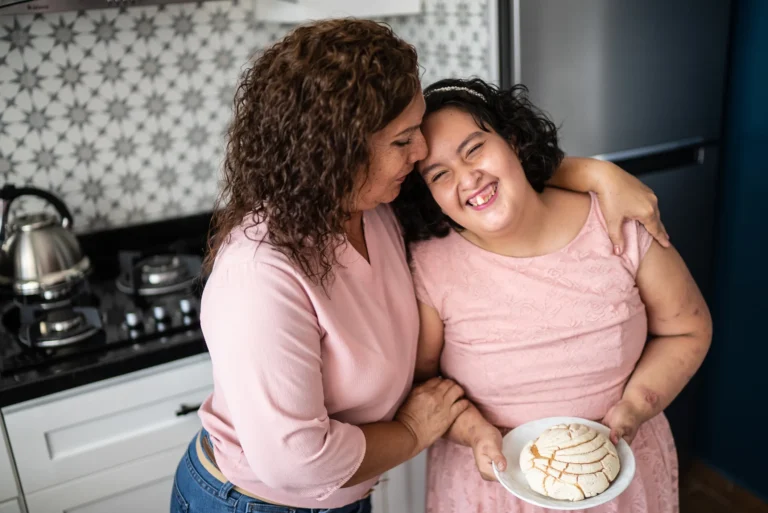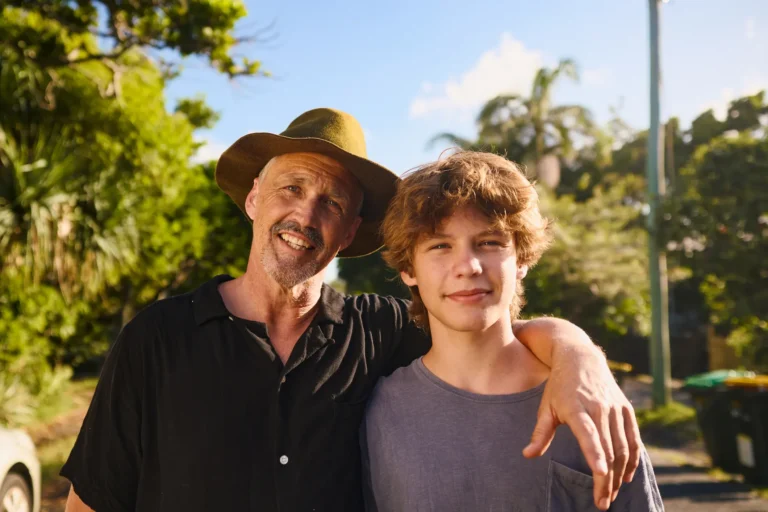Whether you love concerts, want to join a sports team, or are learning to paint, hobbies are a great way to stay active, connect with others and build new skills.
We’re often asked what the NDIS will pay for when it comes to social and recreational activities. Can I join a club? Will it cover sports equipment? What about art classes?
Here’s what you need to know so you can plan your next activity with confidence.
About social and recreation supports.
Social and recreational activities are those that get you out in the community, either on your own or with other people.
They may include things such as:
- Sports like tennis or basketball
- Learning new skills such as playing an instrument, woodworking or photography
- Relaxation classes like tai chi, meditation or yoga
- Going out to a concert, the theatre or movies
- Visiting friends or family
- Going to shops, art galleries, museums or exhibitions.
The NDIS won’t generally fund memberships, entry fees, classes or standard equipment for these activities.
Supports the NDIS may fund.
The NDIS may fund extra support you need to take part in an activity because of your disability, such as:
- Specialised or modified equipment
- A support worker to help you set up or join in
- Help with building skills to participate independently
- Transport if you can’t use public transport and it’s not reasonable for family or friends to assist.
To be funded, supports must meet the NDIS funding criteria. That means they need to:
- Be an NDIS support
- Be related to your disability
- Help you pursue a goal in your plan
- Offer value for money
- Be effective and beneficial
- Be safe and legal
What the NDIS generally won’t fund.
The NDIS generally won’t fund the basic costs of the activity itself, such as:
- Entry fees, tickets or memberships
- Standard equipment (like a regular tennis racquet or guitar)
- Uniforms or clothing
- Competing at a professional or elite level
- Support for children when parents would normally help.
Example: If you want to learn tennis, you’ll pay for the court hire and lessons but the NDIS may fund a support worker to assist with getting changed or help you follow instructions from the coach if you need that because of your disability.
Assistive technology and accessibility.
The NDIS may also fund assistive technology or equipment modifications that help you take part in an activity. The NDIS usually includes these supports in your plan’s Capital Supports budget.
Community clubs and organisations must also make reasonable adjustments to ensure people with disability can take part. These items are not covered by the NDIS. This might include:
- Physical access like ramps or wide doors
- Modified rules (e.g. using a motorised buggy during a golf game)
- Adapting communication (e.g. using light signals instead of sound).
Assistive technology and accessibility.
The NDIS may also fund assistive technology or equipment modifications that help you take part in an activity. The NDIS usually includes these supports in your plan’s Capital Supports budget.
Community clubs and organisations must also make reasonable adjustments to ensure people with disability can take part. These items are not covered by the NDIS. This might include:
- Physical access like ramps or wide doors
- Modified rules (e.g. using a motorised buggy during a golf game)
- Adapting communication (e.g. using light signals instead of sound).
Group programs and what’s covered.
If you’re attending a centre-based or group program, and the hourly fee charged by the provider includes the activity and support, you can use your NDIS funds for it.
But if the cost of the activity (like bowling or a cinema ticket) isn’t included in the provider’s hourly rate, you’ll need to pay for that separately.
Family, friends and informal support.
The NDIS also considers the support reasonably expected from family or friends. What’s “reasonable” changes depending on age and life stage.
For children, the NDIS looks at:
- If a child needs extra support because of their disability compared to other children the same age
- If parents would usually be expected to take their child to the activity
- If the support builds the child’s capacity or reduces risks to wellbeing, families or friends.
For adults, the NDIS considers:
- How much extra help is needed and what type
- If the activity is something an adult would usually do without assistance
- If support from family or friends affects your independence
- Whether your support network can reasonably provide that help.
Adding social and recreation supports to your plan.
To include these supports in your NDIS Plan:
- Make sure you have a related goal, such as “joining community activities” or “building friendships”
- Provide evidence, such as letters from allied health professionals, explaining what disability-related support you need to take part
- Talk with your NDIS contact or support coordinator about how to use your current budget, or if you need a change to your plan.
Your Core budget funds most social and recreation supports and these can usually be used flexibly.
Leap in! can help.
Got questions about social and recreational supports, or need help using your NDIS Plan?
To find out more, call us on 1300 05 78 78, visit our website (online chat available) or email [email protected].
Further reading.
- Assistance with Social and Community Participation
- Riding for the Disabled: How can it help?
- NDIS support categories explained
Originally published on April 1, 2021 and updated 14 May 2025


